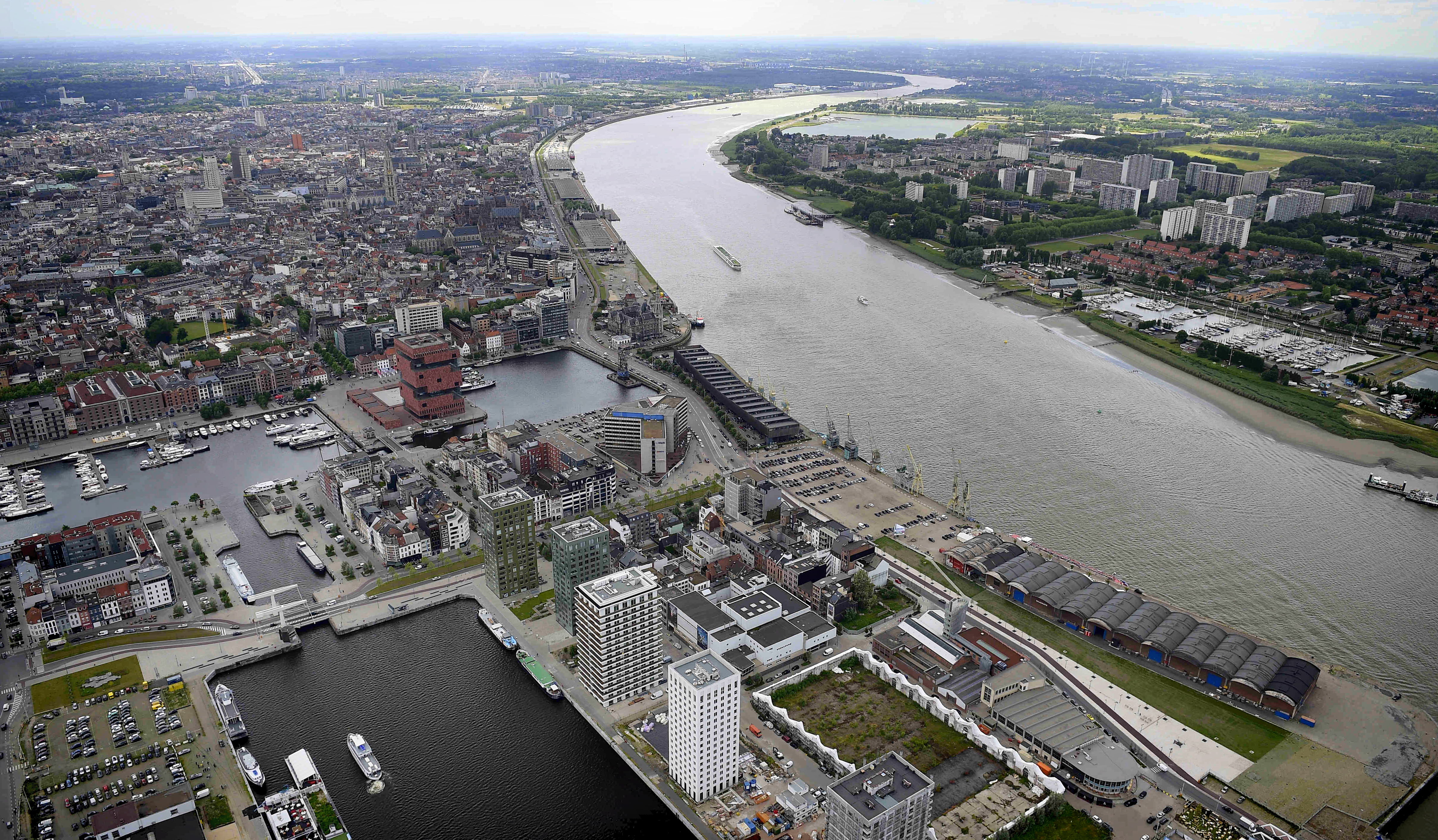Wastewater analysis confirms Antwerp is 'cocaine capital' of Europe

Wastewater analysis in Antwerp by the European drug monitoring centre have confirmed that the city has the highest cocaine consumption in Europe, with cocaine use rising a considerable 50% in just one year, The Brussels Times reported on Thursday. Concentrations of the drug in wastewater were 2.5 times greater in Antwerp than in Brussels, which ranks fourth for cocaine use in Europe.
It's no secret that Antwerp takes first place for Europe's cocaine business, with cartels seeing the Belgian mega-port as an easier target when it comes to evading customs checks. Though authorities are well aware of the problem, the sheer scale makes it exceptionally difficult to dent the trade, let alone deliver anything close to a death blow.
Despite new records being set each year for the amount of the drug seized, supply has yet to take a hit and street prices have remained stable.
The port shifts 7.5 million containers each year and any delay has the potential to snarl up the supply chains across the continent. Sifting through the contents is an impossible task – the needle and haystack analogy multiplied by millions. What makes the port so practical to any business is the location: 60% of EU purchasing power is within a 500 km radius, making it an ideal point of transit, The Brussels Times writes.
Wastewater analysis by the European drug monitoring centre reveals that Antwerp also has the highest consumption of the substance. Moreover, the findings show how cocaine use is more concentrated close to where it first reaches European shores. But the Flemish city isn't only the starting point in distribution across the continent; unsurprisingly some of the goods that pass through the port are delivered in the immediate vicinity. Justice Minister Vincent Van Quickenborne says that about 10% of cocaine moving via the port is destined for a domestic market (largely the Netherlands and the UK).
Experts estimate that only 11% of cocaine passing through Antwerp was intercepted last year.
Despite new records being set each year for the amount of the drug seized, supply has yet to take a hit and street prices have remained stable. Experts estimate that only 11% of cocaine passing through Antwerp was intercepted last year. It is thought that 20% would need to be stopped to really have an impact on the business model.
However, the battle to get there will take years and may never be successful, The Brussels Times writes. Recent investigations (as Belgian federal police managed to hack into drug cartels' encrypted messaging servives, ed.) have uncovered the extent of corruption in the logistics and legal sectors, and criminals are increasingly turning intimidation tactics on officials. Meanwhile, the gargantuan game of hide and seek goes on.
#FlandersNewsService | © BELGA PHOTO YORICK JANSENS